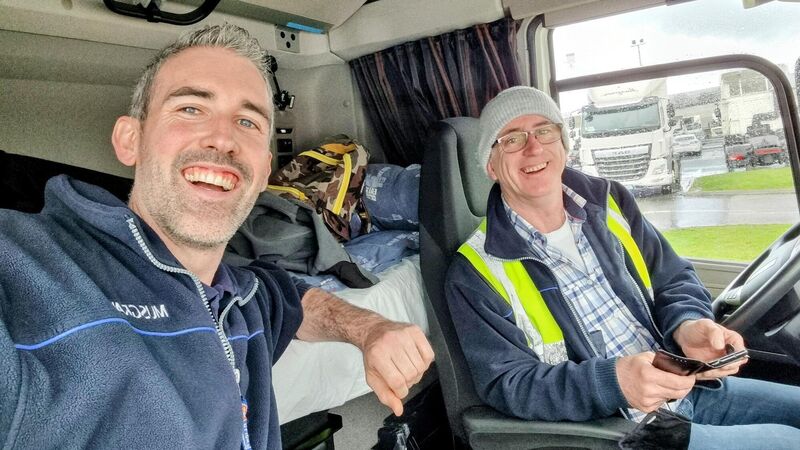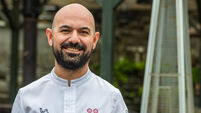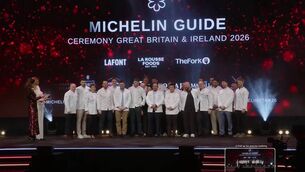World Central Kitchen: Meet the heroes supplying food to refugees in a warzone

Niall and Matt Daniels, in Sheridan’s HQ, in Co Meath, before heading off for Poland.
March 4: a friend is driving me to the bus station in Galway when Seamus Sheridan calls on the car speaker phone. Conversation with Seamus can sometimes be akin to stepping into a fast-flowing stream, its original source someway back upriver. Today, we are plunged headlong into a torrent. The topic, pretty much the only one, anyone, anywhere, has talked about in the last two weeks: Russia’s shocking invasion of Ukraine, on February 24.
Seamus wants to do something. Seamus wants to send an aid consignment of Irish farmhouse cheese. Five minutes before my bus is due to depart, he arrives at the station. We talk briefly. I agree to help. We set up a WhatsApp group and call it ‘Bia Do Ukraine’.





